2021 is looking like a prime time to start a business… why not start a business with plenty of room for growth?
Here are the 15+ profitable recycling businesses that you can start in 2021.
Personally, I found success with generating leads for local businesses.
If that interests you, check out the box below.
1. Why a Recycling Business Is Profitable?
The Backstory
In 1970, Senator Gaylord Nelson of Wisconsin and Congressman Paul McCloskey of California sponsored the first-ever Earth Day.
The event attracted national attention and drew an estimated 20 million demonstrators all over the country.
The previous years leading to this day has greatly influenced this move from the government.
The U.S. Environmental Protection Agency (EPA) was established by Congress in December of 1970 with the purpose of protecting human health and the environment thanks to:
- Rachel Carson’s publication, Silent Spring
- The powerful view of Earth from the first moon landing
- Rampant water and air pollution
- Nationwide support of the first Earth Day
Under the 1976 Resource Conservation and Recovery Act (RCRA), the EPA regulates all waste material.
This can include garbage and sludge from water supply plants and wastewater.
Discarded materials from industrial work are also included among waste materials regulated by the EPA.
With RCRA in place, individual states are encouraged to constitute comprehensive plans to handle non-hazardous municipal wastes.
The everyday items we use and throw away are considered Municipal Solid Waste (MSW) or commonly known as trash or garbage.
They are usually from our homes, schools, and hospitals and can vary from product packaging, clothing, food waste, bottles, newspapers, batteries, and even furniture.
Future Proofing with Data
A report entitled Advancing Sustainable Materials Management: Facts and Figures is produced by the EPA to show the current picture of the nation’s MSW generation, recycling, and disposal.

The collection and reporting of data on waste generation and disposition in the United States started 30 years ago.
This is instrumental in determining the success of materials management programs across the country.
As of 2018, the total MSW generated was 292.4 million tons or 4.91 pounds per person per day.

Data:
- 69 Million Tons Recycled
- 25 Million Tons Composted
- 18 Million Tons Food Pathways
- 34 Million Tons Energy Recovery
- 146 Million Tons Landfilled
With waste production dramatically increasing over the past 60 years,
And Global warming and climate change persists worldwide…
Recycling has become a basic step in helping to protecting this planet, with a massive profitable outlook for the future.
2. Planning Your Recycling Business
There are a few things that you should identify first before starting your recycling business.
Just like in any business, you need to determine your product.
What specific type of waste will your recycling venture focus on?
There are a plethora of wastes out there and in different sectors like household, construction, electronic, and more.
By identifying which type of waste your recycling business will focus on…
You will be able to:
- Map Out Your Business
- Discover/Acquire the Machinery Needed
- Learn the Necessary Processes
- Learn How to Market Your Business
- Learn Relevant Laws & Regulations in Your County and State
By taking up a recycling business, you are earning and giving a hand in protecting the environment and the planet.
Profitable Recycling Niches
3. Cardboard Recycling
Over 85% of products sold in the United States are packed using cardboard, making this material one of the largest sources of municipal waste.
An upside is that the cardboard recycling business is a continuously growing industry.
Despite the vast access to these materials all over the country, there are still exceptions in recycling cardboard boxes.
One reason is the type of material from which the cartoon box is made from.
Cardboard That CAN Be Recycled:
- Corrugated Cardboard (like shipping or packing boxes)
- Paperboard / Chipboard (like cereal boxes or cases of soda)
Cardboard That Can NOT Be Recycled:
- Wet or Soggy Cardboard
- Contaminated by Grease (like pizza boxes)
Like any business, setting up a cardboard recycling would require a concrete plan to get the desired results.
Collaborate with scrap collectors, sellers, and other individuals that can provide your business with the needed supply for it to run.
Set your buying price per Kg or quintal(equal to 112 lbs) of cardboard. Figure out how much you need on a regular basis just for minimal operation. It is best to start low and gradually increase your supply depending on the growth of your business. With all of this material, space is a big consideration, even though a cardboard recycling business will not need a huge space to operate in. If you have a grand hall or a barn on your property, you could do it from home. Otherwise, you’ll need to rent an industrial space like a small factory or warehouse. It will need to be large to store and protect the scrap and recycled boxes from the elements. Obviously, you will need space and utilities for the processing equipment.
4. Composting
A composting business can be profitable and beneficial to communities.
By composting leaves and other recyclable organic materials, neighborhoods could be kept clean.
This compost can then be sold to consumers and used in farms, gardens, or in residential areas.
Compost is usually only sold after it has aged at least six months to ensure that the heat of the compost heap eliminates microbes.
One of the first things you should secure is sustaining your business until the time your compost is ready to be sold.
By defining the scale of your business, you can secure other streams of income until your composting business becomes self-sustaining.
As you await your product’s availability, it is high time to build bins where you can store your compost products to sell.
This will depend on the volume of product you expect to process, package, transport and sell.
A storage shed should also come in handy to regulate the flow of your inventory.
Make sure that you use or sell the oldest stock first.
When Making Compost, Avoid Using:
- Meat
- Bones
- Dairy
- Fish
- Oils
- Spent Garden Plants
As burlap is a renewable resource, it is best to opt for this material as your packaging of choice for your compost products.
Once emptied, burlap can be used for strip mulching.
This can also be a great marketing tool if you will give discounts for every burlap bag returned for refilling!
BONUS TIP:
By using dropshipping or third-party couriers instead of maintaining your own delivery fleet, you would greatly reduce your transportation costs!
5. Paper Recycling
With the new decade opening, the world has become more technologically-developed than what we have imagined.
Most have chosen to use less paper to become environmentally-aware.
However, paper still persists in filling up to 40% of municipal wastes.
Paper products are cheap to produce, which demands a higher rate of paper recycling.
The paper recycling biz is still providing business owners huge returns on their investments!
Priority numero uno, get a facility.
You will need a facility at least 2700 sqft to operate.
Recycling paper also requires a tremendous amount of water usage, so that also needs to be a consideration when picking a location.
Plus, think about transportation logistics and the ease of access when picking out a space for your paper recycling plant.
You’re going to need special permits and approvals for a paper recycling facility.
Be sure to consult with your state and local authorities for rules and regulations BEFORE finding a facility!
Depending on how you want to scale your company, there are varying levels of processing equipment that you’ll need to purchase.
You also need to network with scrap sellers, paper waste owners, and dumping grounds to get the amount of paper waste you need for recycling.
Other things you will require are paper packaging, a place to store paper, printing, labeling, transporting, and so on to sell your recycled products.
6. Plant-Based Packaging or Bioplastics
According to the EPA, about 70% of plastics in the United States end up in landfills where it takes at least 10 years to decompose.
Of the 70%, food and beverage packaging makeup for about two-thirds of these wastes.
However, the past decade has proven that people are slowly trying to become environmentally aware of their lifestyle.
That is why the bioplastics or plant-based packaging industry has slowly risen to fame.
The bioplastic manufacturing industry in the USA now generates over $469 million every year, providing jobs for hundreds of people.
However, this specific industry is not an easy business to enter.
You will need to conduct in-depth research when preparing to enter this niche.
There are multiple processes to create bioplastics, and each of them requires different types of machinery.
Plus, you are going to want to focus on a specific market in order to successfully market.
Bioplastics are not yet mainstream products used by the majority of the country, so awareness is essential.
That is why the right advertising in the right space can surely help grow your first venture into bioplastics.
This could be an incredibly lucrative niche to get established in before it becomes mainstream!
7. Plastic Recycling
Usage of plastics has dramatically increased for the past decades since its production in the 1950s.
From the things we use daily like toothbrushes, containers, buckets, and the packaging of all possible products, plastics become a part of human life.
With the increasing usage of plastic comes its danger to the environment.
8.3 billion metric tons of plastics have been recently generated, and 6.3 billion metric tons have become plastic waste.
This situation calls for a plastic recycling business, and business is thriving!
As always, you will need sufficient space for processing and storage, as well as a dumping area for plastic waste.
All recycling operations need good water and power supplies.
You might want to invest in sufficient power backups to ensure a continuous energy supply to your operations.
Plastics are typically compressed, melted, molded, and cooled using water.
Most of these processes require their own machine to accomplish…
But, recent innovations have produced an all-in-one type solution that’s worth looking into.
Smaller recycling businesses usually start with general consumer plastics: plastic bottles, plastic sheets, plastic bags, etc.
However, you can specialize in any plastic you see a market for.
8. PVC Recycling
PVC or polyvinyl chloride is the third most-produced synthetic plastic polymer in the world and has a wide range of applications.
Because of cheap cost, fast manufacturing and transportation, usage of these materials has exponentially increased.
This leads to a great number of PVC wastes added to the fact that they are stronger than regular plastics.
Recycling these wastes is the best way to regulate the wastes and profits.
Greater # of Usage = Greater # of Waste = Greater # of Profit
First, identify which specific PVC wastes you will be processing.
Most likely, it will be construction materials like PVC pipes, sheets, cables, etc.
Connecting with local scrap sellers, collectors, and construction site clean up companies can help supply you.
As always, sufficient space is required, as well as specialized machinery dependent on the type of PVC you will be processing.
Other equipment needed might include containers, pipes, segregation, boilers, etc.
Hiring a knowledgeable PVC technician might increase your longterm success probability. Look into it.
9. Battery Recycling
For the past decade, technology has become an essential part of everyone’s daily life.
With all these devices we are using today, owners can just throw away their batteries and have them recycled as soon as the batteries have served their purpose.
Battery recycling is crushing old batteries into small pieces and using these fragments to make a new battery.
To get started, determine which type of battery you will be processing.
Types of Batteries for Recycling:
- Lead Batteries
- Nickel-Cadmium Batteries
- Nickel-Metal Hydride Batteries
- Primary Lithium Batteries
- Lithium-Ion Batteries
- Alkaline Batteries
- Plus More
Next, you’ll want to setup collection points where people can actually drop off their old batteries (if this is necessary with your selected type).
Your battery recycling facility will require several pieces of machinery, so space, power, and water are essential.
Machines are specific to battery type, but some of the machines in general include:
- Ingot Casting Machine
- Blast Furnace
- Rotary Furnace
- Battery Breaking Machines, Segregator, Lock Cutter, Box Crushers
- Remelting, Refining, and Alloying Kettles
- Lead Smelting and Refining Pot
- Jumbo Ingot Mold
Take note that most of these equipment are very expensive, so it’s best that you rent them when you are still starting your business.
About 15-20% of your investment usually goes to the types of machinery and setting up your plant, while 5% goes to maintenance.
Thus, renting machines is an excellent option for starting your business.
10. Recycling Glass
Glass is classified as a non-biodegradable material and retains its form for millions of years.
Instead of throwing glass mugs, jars, or vases, recycling them would be a better idea, and you can also learn from it.
As glass is easy to find, it is a lucrative business to start at this point in time.
Consult with local authorities regarding permitting and zoning prior to establishing recycling plant.
Crushing glass tends to make a lot of noise, so it’s important to do this upfront… instead of meeting outraged neighbors at a council meeting.
First, you’ll want to make sure your recycling plant has decent space for your glass supplies, trucks, and recycling equipment.
Designate spaces to keep the glass you need to recycle and the glass products after recycling them separated.
To operate your plant properly, you will require different equipment for your business to work efficiently.
Some of this equipment includes:
- Glass Collectors
- Glass Collector Truck
- Crushing Machines
- Molding Machine
- Glass Cutting Machine
- Rolling Skip Compactor
- Glass Washing Compartment
- Glass Separator
The good thing about a glass recycling business is that about 80% of the raw materials you will need are for free.
You can just set up a collection point where people can drop broken or unused bottles and waste glass.
Then all you need to do is hire a truck to collect all the waste glass and bring them to your facility.
You can also advertise your business so people can bring their waste glass to your place and pay them for their glass.
11. Construction and Demolition Recycling
The construction and demolition recycling business is a fast-growing industry in the United States.
However, there is still a divide in the C&D industry when it comes to the success and profit of the recycling business.
Since there are different materials that you might collect from construction and demolition wastes, this determines your profit.
Checking the amounts of these materials would direct you on which materials to focus on.
It would also help you identify which materials are easily separated from the rest of the waste.
With the plethora of materials that can be found in your waste collection from construction and demolition sites, determining which materials to recycle is a good way.
Materials like:
- Concrete (most recycled material from C&D waste)
- Asphalt
- Clean and Untreated Wood
- Steel
- Aluminum
- Copper
- Gypsum from Drywalls
- Plus More
Site logistics is also important in C&D recycling.
As you might be recycling different materials from construction and demolition debris, proper containers, and labeling would be helpful in avoiding a mix-up.
Monitoring your recycling process is also an absolute must as contamination might occur.
If contamination does occur, it should be removed and prevented from occurring again immediately.
12. Old Computers and E-Waste Recycling
From its first-ever invention in the 50s and the 60s, computers have drastically evolved through time, and the demand for development is getting higher and higher.
With all these changes, waste is being produced in both the manufacturing process or from consumers constantly trashing old models.
Desktop computers, laptops, tablets, even smart phones are all made up of similar components.
So computer waste is made up of similar components like:
- Keyboard & Mouse
- Monitor
- CPU
- Hard Disk
- RAM
- Fan
- Motherboard
- Circuit
Identify which wastes you want to focus on collecting and processing…
Start by check into which recycled products would pay more than others.
Aside from collecting scrap computer parts, there are also basic requirements needed by your business.
Space isn’t as big of a deal for this niche, but you’ll still need specified area for your computer wastes and your operations.
You will still need equipment, and consulting with an expert is a good step before purchasing it.
Sourcing your supplies is sometimes the most difficult part.
So it is best to team up with scrap pickers whom you can buy the computer waste you need to operate.
13. Recycling Old Tires
Venturing into the tire recycling business has great potential profit, as there are only a limited number of businesses that go into this recycling niche.
This is mostly due to the operational overhead and zoning headaches that come with it.
A larger facility will be needed, as well as transportation trucks and onsite equipment.
Processing rubber on that scale would require excellent pre-planning to ensure all zoning, laws, and regulations are kept.
Consider a facility location that is closer to a supplier to dramatically reduce costs.
Check with your waste management board or local vulcanizers to supply you with condemned tires.
Also, remember that burning tires is illegal, and hazardous to your facilities.
14. Recycling Textiles and Fabrics
Increased consumption with decreased pricing has lead to a massive production in fabric and textile waste.
Year in and year out, piles of clothing and fabric end up in landfills and dumpsites.
A textile and fabric recycling business has become a very lucrative opportunity.
Textile recycling is a process in which a fabric or clothing is recovered for reuse or material recovery.
Some of the basic steps in recycling textile or clothing include donation, collection, sorting, and processing textile.
Whether you will purchase or rent a space, always remember that you will need a big space for all the old clothing and fabric waste you will collect.
Another helpful piece of information is identifying the two primary resources of textile for recycling.
Post-Consumer Textiles include garments, upholstery, household items, and more.
Pre-Consumer Textiles include scraps created as a by-product of manufacturing.
A constant supply of discarded textiles and clothing is key for your business to continuously thrive in the industry.
One way to go about this is to advertise to your local community so they would know where to go in case they have unwanted clothing.
Choosing a facility near high traffic areas like an art or fashion district is an excellent idea as there will always be an abundance of discarded clothing.
Machinery needed to recycle is determined by the types of materials you want to process.
For example, polyester requires a special machine to granulate it instead of shredding it into fibers.
15. Water Recycling
About 71% of our planet is made of water, and Earth is the only planet in the solar system that is found to have water.
However, only about 0.3% of water is considered freshwater, usually found in lakes, rivers, rain, and glaciers.
As populations rise, the consumption rate for water also increases.
This poses a danger to sources of freshwater that would be safe to be used by people.
That is why water treatment businesses all over the country have popped out like mushrooms everywhere to serve the needs of communities.
This business has evolved into a multibillion-dollar industry.
Not all wastewater can be treated and reused for human consumption! There are professionals that can test and certify which wastewater can be recycled and reused, especially for drinking.
As water treated water is usually used for drinking, hiring experts to regularly monitor the quality of your water is simply a must.
Sources of wastewater for recycling is imperative, and it would be most cost effective to place your facility near your source.
There is a chance a water treatment business closed down, and could be purchased so you don’t have to start from scratch.
16. Recycling Wood
Depending on the quality of the wood, wood waste is a valuable resource that is usually used for either material recycling or energy production.
Wood waste comprises all woods and wood-based items that have reached their maximum capacity to be used.
Recycling these types of wastes gives a new life to these natural resources to be reused in other ways.
Some of the product sectors created out of scrap wood are:
- Paper Production
- Panel Board Production
- Wood Pellets
- Energy Production
- Plus More
In starting a wood recycling business, your source for your supplies is one of the first things you have to think about.
The majority of wood in MSW comes from construction, demolition, renovation, furniture design, and even wood packaging such as crates and pallets. You can work with local waste management facilities that deal with these industries, so you can be provided with enough supplies.
When it comes to your recycling business, it is not a bad idea to start with franchising an existing recycling business.
This would be a helpful way to have a blueprint on where to start your recycling business.
You only need a few pieces of equipment to start working in the industry.
However, you have to keep in mind that there are specific machines for certain operations, such as handling, size reduction, screening, and composting.
These also vary based on the type of material you will be working with, as well as how large your facilities will need to be.
17. Recycling and Processing Scrap Metal
There are two ways to approach the business of recycling scrap metal.
The first way is to set up buying stations where you will collect scrap metals from businesses, homeowners, and construction companies and sell them to recyclers.
The second way one is setting up a shop and becoming a full-service warehouse that collects and breaks down metal scrap and then prepares them before selling to manufacturers.
Whichever path you take, there are still the basics you need to cover to start on the right foot.
The first step is to identify the top three metals that are recycled, including the:
- Average Volume Per Collection?
- Industry Pricing Per Pound?
This sets your knowledge at an advantage as you already know the industry competition for metal scrap recycling.
Identifying your potential clients and suppliers will determine your success. Network with numerous different parties to not limit your growth.
Next is you have to check out the equipment and facilities needed by the specific type of metal that your recycling business will be focusing on.
For example, gold recyclers usually need a smelting operation.
However, they can also opt to send their gold scrap to a third party smelting company, so they don’t have to spend on buying and maintaining machinery.
You have to consider these things so you would know how big your recycling plant will have to be to cover all operations you will have.
Final Thoughts
18. Which Recycling Niche Would I Pick?
Overall, each recycling business venture is unique in its own way.
Your choice can vary depending on your knowledge of the materials, interest in the industry, and even the viability of that business due to your location.
But given a chance to start my own recycling business, I would go for a water recycling business.
Despite its fame and probability saturated industry, it’s an industry that you will never go wrong in.
Water is an important part of our daily lives, so everyone in the community will surely be interested in what you can offer.
Moreover, selling clean and safe water for consumption is not something that is hard to sell.
It’s a basic human need that you don’t need to put all efforts into marketing to sell water.
Starting in the water recycling industry can also be an easy one.
You have the option to start from scratch or get a franchise, so you already have the guidelines on how to steer your business to success.
You can also easily partner with the local authorities and private sectors as their own industries will surely need water supply that your company can surely provide.
But you always have to remember that your business should be something that you’re really interested in.
This makes the work feel less like a job but more of a hobby.
Remember that your business gives a great benefit to the environment.
In a time when global warming and climate change persists, these small ventures into recycling can contribute to delaying the harmful effects of these global problems.
A recycling business is a way to give back to Mother Nature.
Conclusion
Hey I hope you enjoyed this list of recycling businesses that you can potentially start in 2021, you really can’t go wrong with any of them.
I’ve made my fair share of $$$ with online business models like dropshipping, Amazon FBA, or affiliate marketing, but after grinding at it for almost 6 years I’ve realized that those models are not that great long-term.
Take affiliate marketing for example, I invested a lot in getting affiliate sites profitable, but regardless of all the tips & tricks from course coaches, there’s nothing you can do about the fact that affiliate marketing can take upwards of 2 years to become profitable with all of the competition worldwide.
This is why today, I have quit affiliate marketing altogether and do local lead generation instead. Click on the button below where I go in-depth on the main reasons why I believe local lead gen is a better business model than affiliate marketing…
I Quit Affiliate Marketing
Here’s what I’m doing now Instead…
Local lead generation… Where we build & rank simple websites like these that make passive income
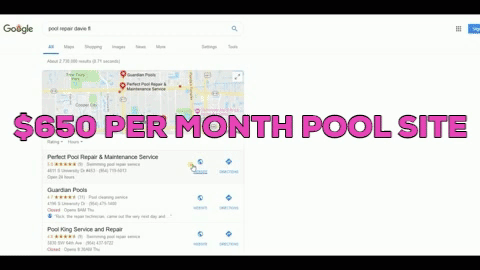
Click button below to find out Top 6 Reasons Why Lead Gen is a Better Biz Model than Affiliate Marketing in 2021 & How to get started with Lead Gen!
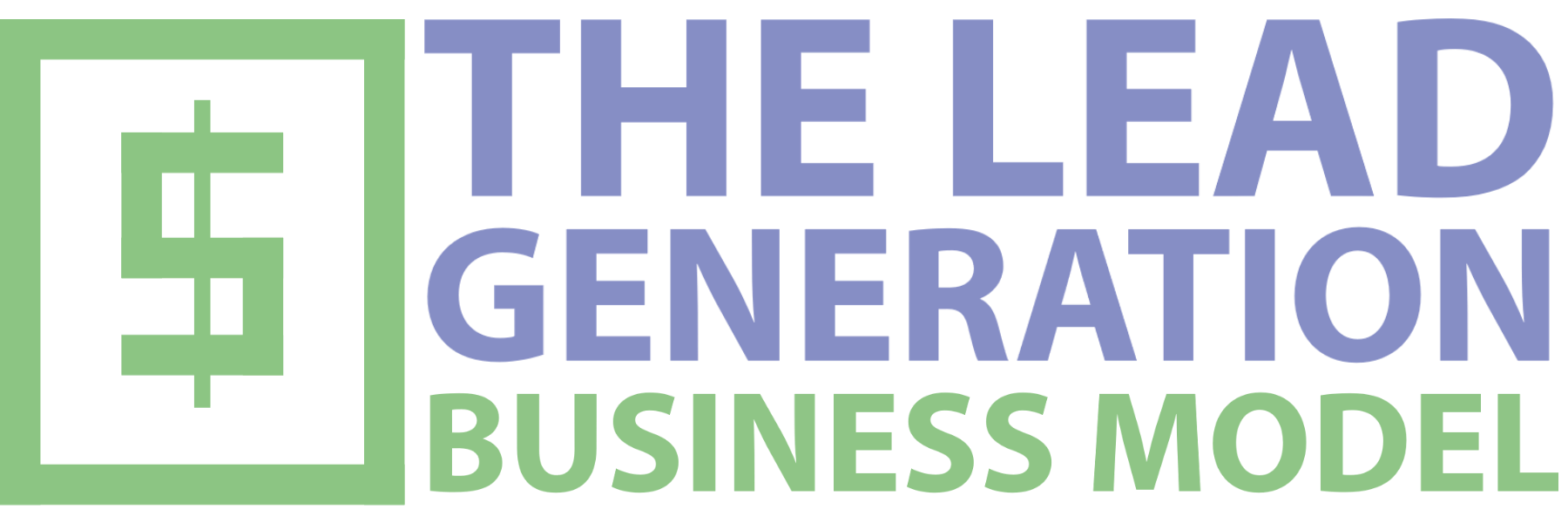

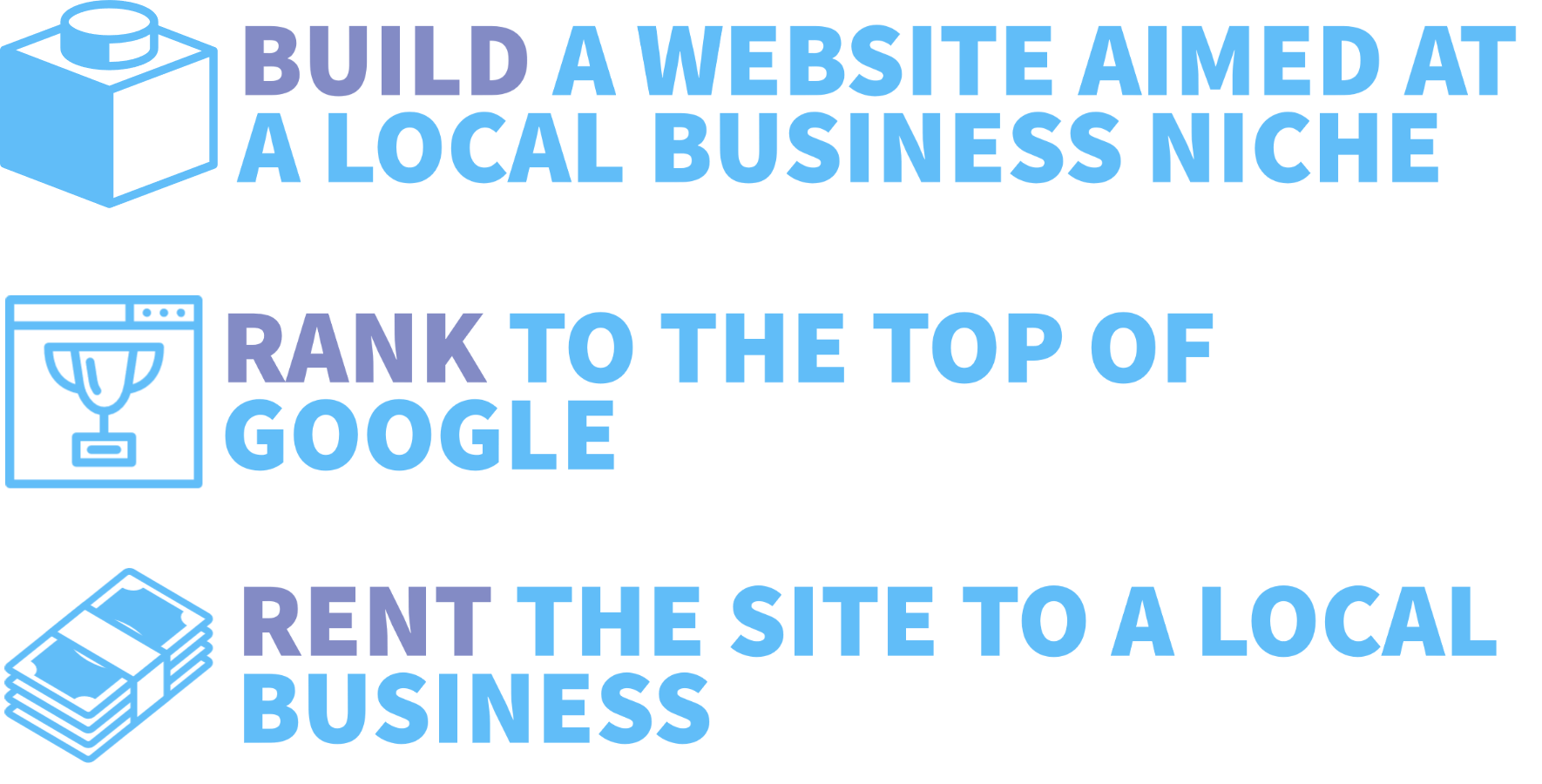

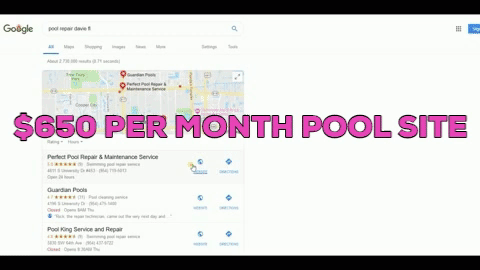

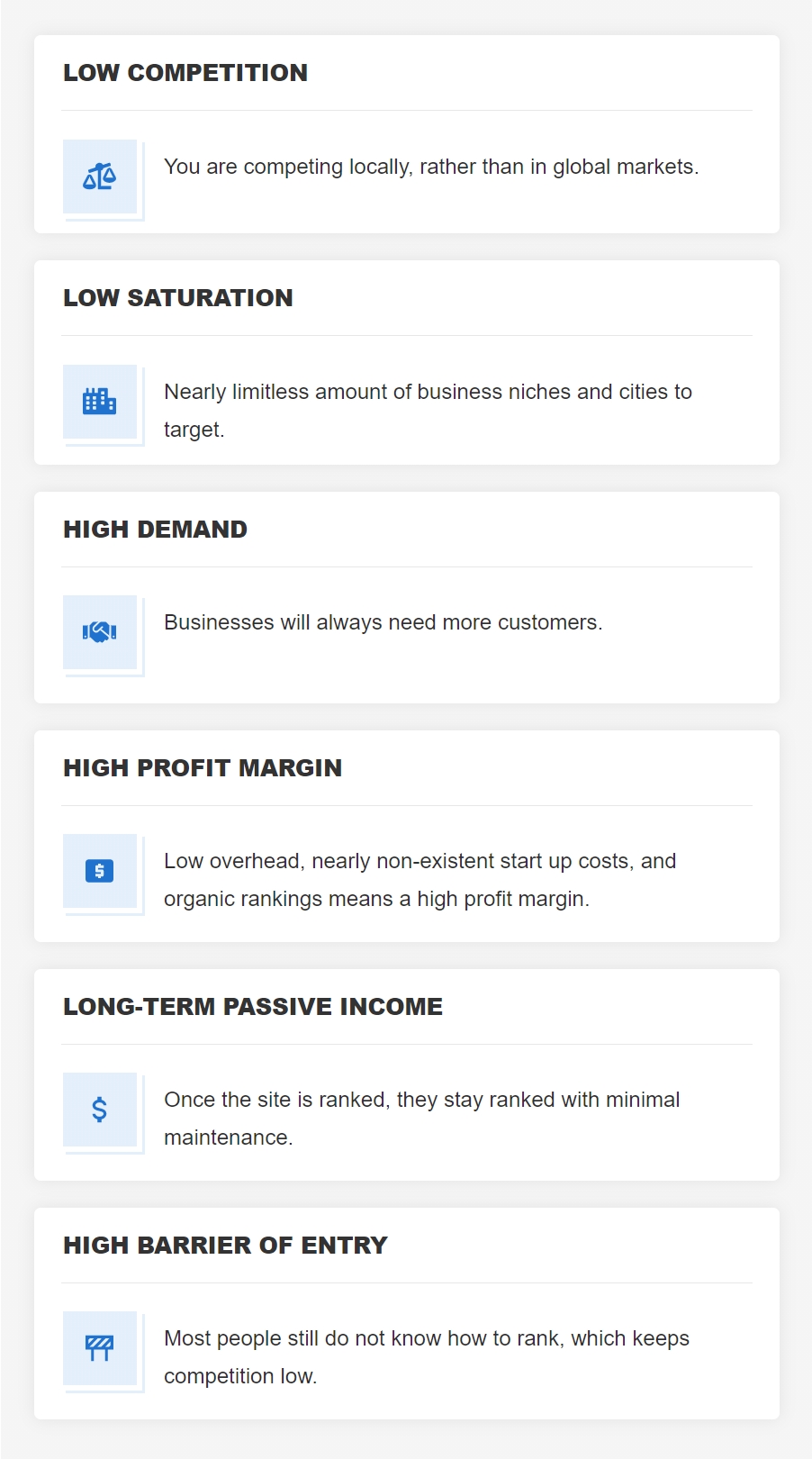

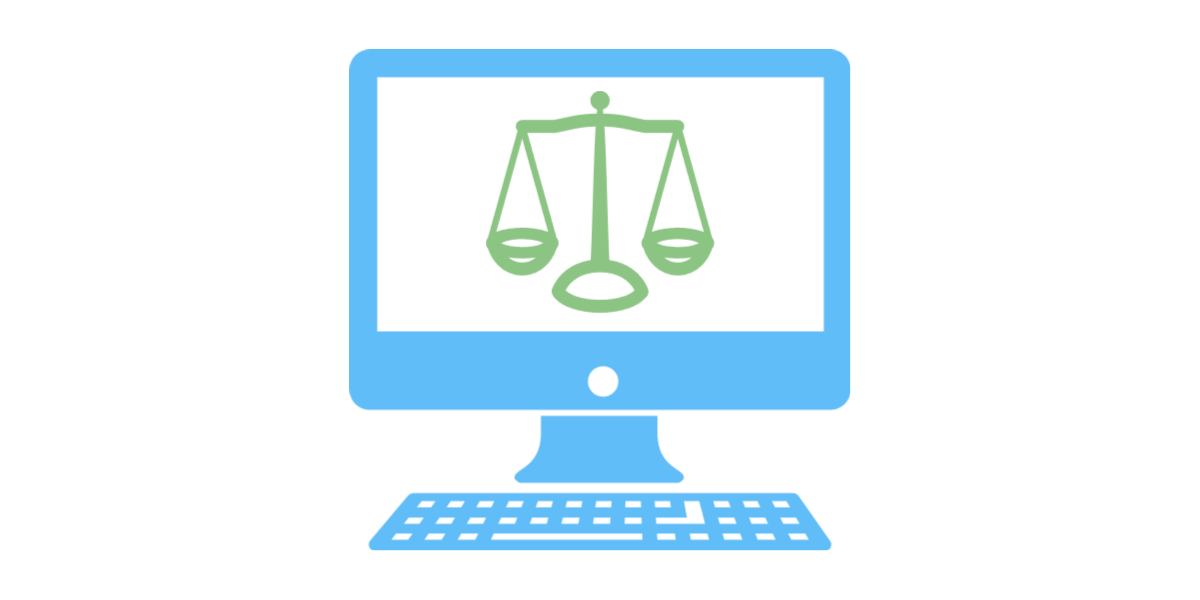
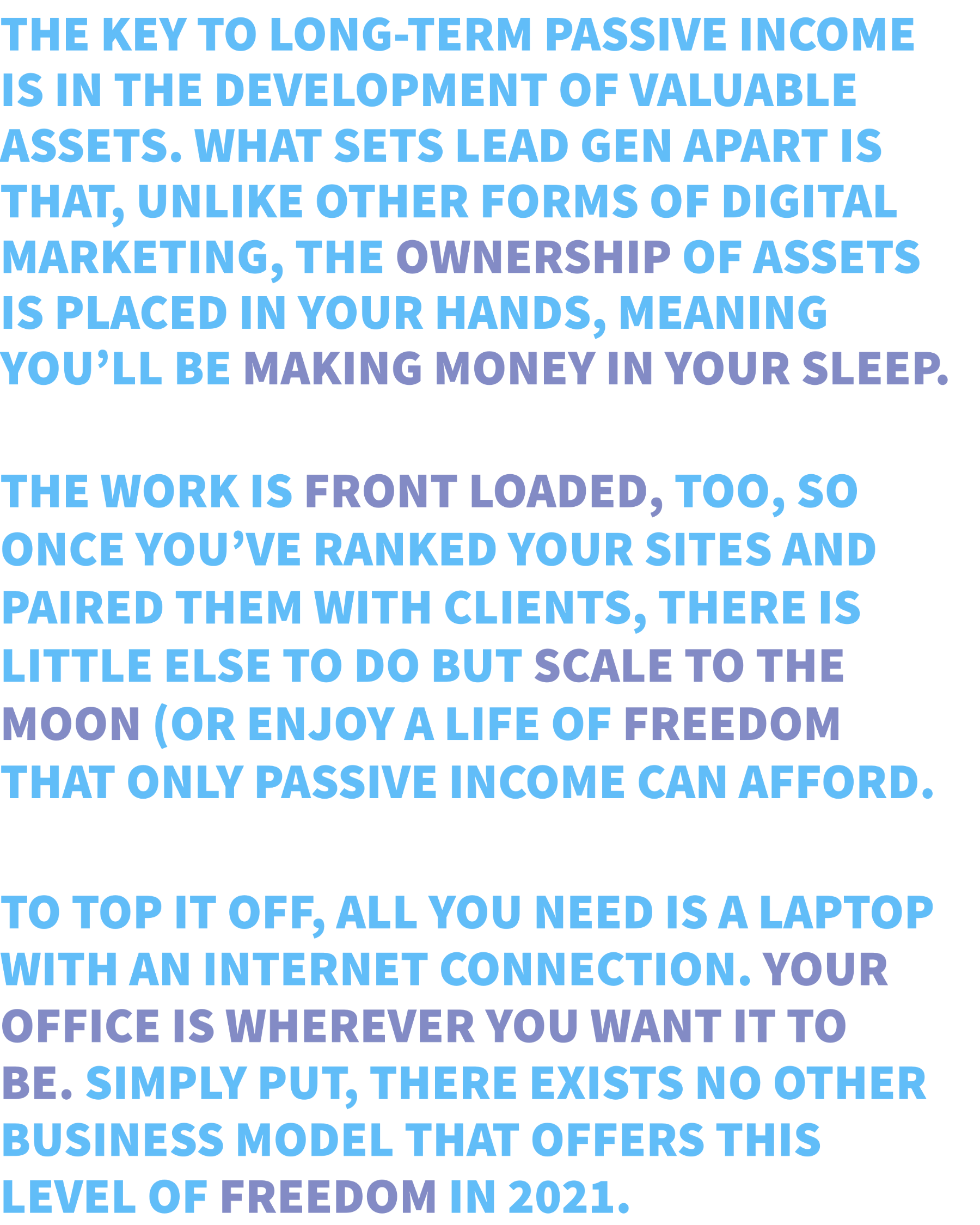
Local Lead Generation
Schedule your coaching call today
